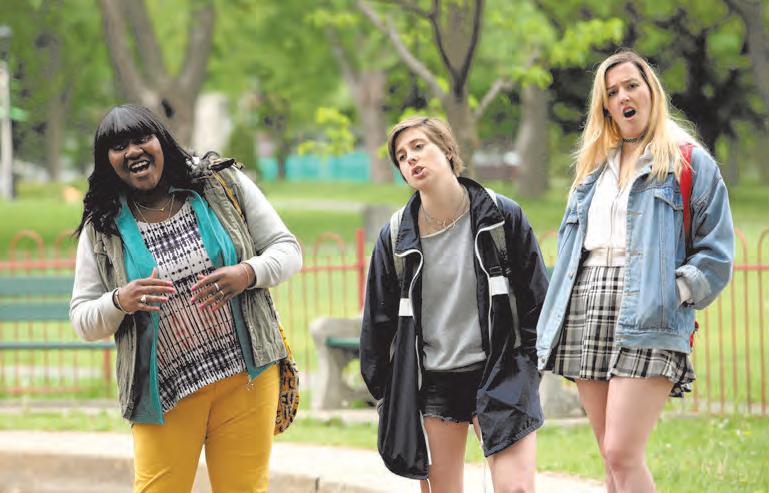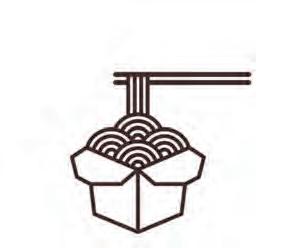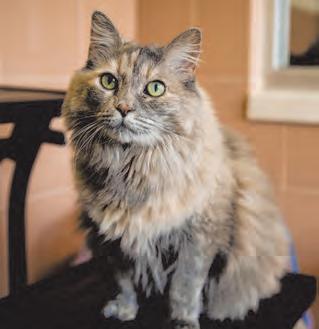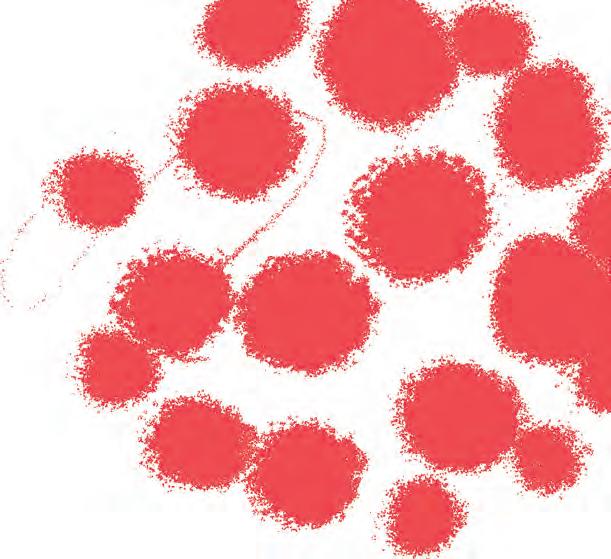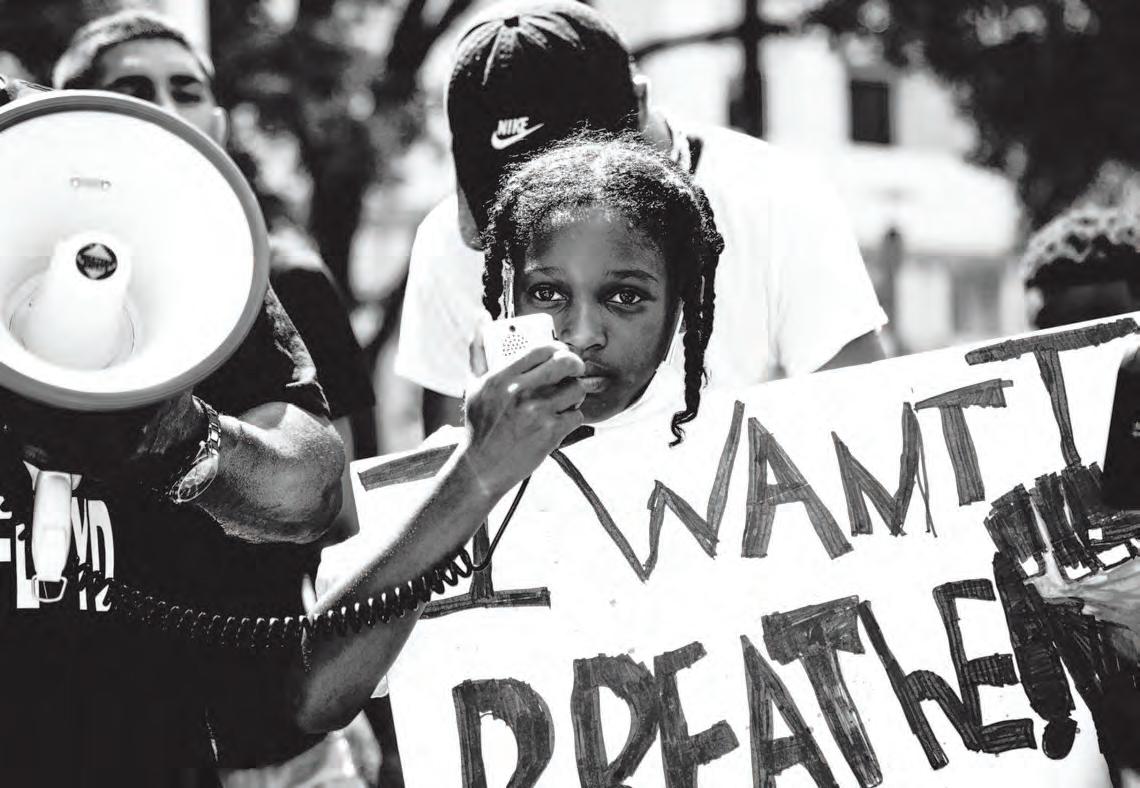75 THINGS WE’VE LEARNED DURING QUARANTINE (AND HOPE TO REMEMBER AFTER IT’S OVER)
What meaningful lessons about empathy, resilience and toilet paper rationing will we take with us as we move forward into the future? BY HA ILEY BOL L I N G ER , L EE D EV I TO, DA N I E L H I L L , JA I ME L E E S , J E R I LY N J O R DA N , MATTH E W M OY ER, D OY LE M URPHY, STEVE NEAVLIN G , DAV E P LOT KI N , J ESSI CA B RYC E YO U N G A N D M A I JA Z U MM O
CHANCES ARE, if you are a human on
the planet Earth, you’ve recently spent the last six weeks (or more) in some type of quarantine – selfimposed, government-mandated or a combination of both. Unless, of course, you’re a health care worker, essential employee or have other extenuating circumstances that meant you couldn’t safely lock yourself away at home while figuring out what household textile to use as makeshift toilet paper or whether to binge Tiger King or Love Is Blind first. So why has the entire world come to a collective halt? Because we have no immunity to the novel coronavirus COVID-19, a highly contagious and highly deadly (to certain people) respiratory illness that has overwhelmed hospitals across the world, infecting more than 3.5 million people and killing more than 248,000 globally from January to May, according to Johns Hopkins University. There’s no real treatment (no, you cannot inject yourself with disinfectant or beams of light) and no vaccine, although scientists, medical professionals, researchers and Bill Gates are scrambling to find both. In the meantime, social distancing has been a stop-gap measure to help contain the spread of COVID-19 and “flatten the curve,” everyone’s favorite phrase for using isolation to decrease the amount of humans infected with the virus to avoid inundating the health care system and killing everyone. So, yes, we did acquire a new viral vocabulary during quarantine, but what else have we learned in the midst of this global pause? And what meaningful lessons about empathy, resilience and our shared humanity will we take with us as we move forward –
masked and hand-sanitized – into the future? Other than to be a better person and never take bartenders for granted again, that is.
What six feet apart actually looks like.
The Centers for Disease Control and Prevention recommends people practice social distancing to help stop the spread of COVID-19, which basically means standing six feet apart from each other so you can’t spew infected goo droplets onto other people. But “six feet” is a difficult concept to understand for those with no spatial awareness. So here are things that take up six feet: two averaged-sized dogs standing nose to tail, two grocery carts, a dude in a top hat laying on the ground, a dining room table, a bathtub, three arm spans and about one and 1/5ths Danny DeVitos.
That there are multiple names for the same disease. The novel coronavirus, in the
same family as SARS and MERS, goes by COVID-19 or SARS-CoV-2. And for one hot second it went by a third name – the “Chinese virus” – but President Trump eventually stopped using the term, which he coined in late March, after many pointed out it was pretty racist.
What a pangolin is. These cute-ass scaly
anteaters are thought to have been an intermediate host for COVID-19, which may have jumped from bat to pangolin to human in a wet market in Wuhan, China – where the virus originated. In light of the pandemic, the Chinese Ministry of Agriculture recently released a list of approved terrestrial animals that can be used for food; pangolins did not make an appearance. So it seems best to avoid eating them. Also bats. Also humans.
That we never want to hear the word “unprecedented” again. How to not touch our faces. Don’t. That’s
how germs get into your body.
To always have at least two weeks’ worth of toilet paper. Do. That’s how you
clean your butt.
On a more serious note... Look into buying a bidet.
Every song with a 20-second chorus.
“Keeping hands clean is one of the most important steps we can take to avoid getting sick and spreading germs to others,” says the CDC. And the best way to keep your digits disease-free is to wash your hands with soap and water for 20 seconds – or the time it takes to sing the “Happy Birthday” song twice – over and over and over again throughout the day. So while the public was discovering the importance of timed hygiene, and the mind-numbing repetition of singing happy birthday to themselves, they also uncovered CONTINUED ON PAGE 13
orlandoweekly.com
●
JUNE 3-9, 2020 ● ORLANDO WEEKLY
11


